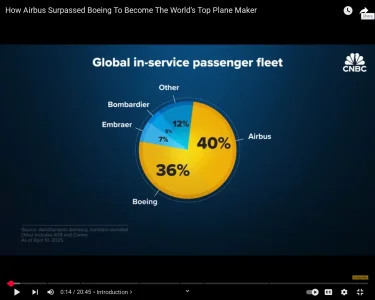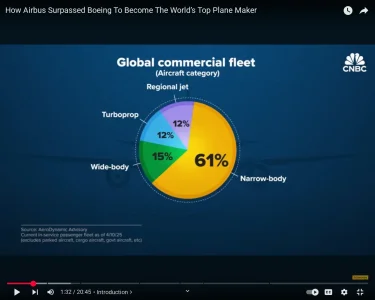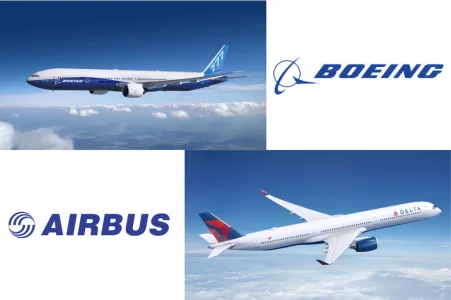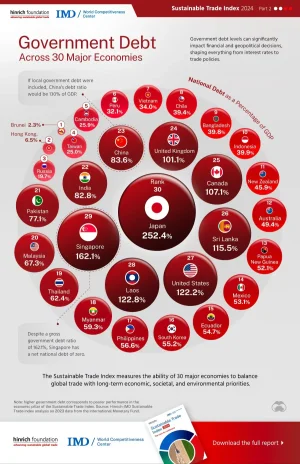Economic Watch: BMW to launch first China-based IT R&D center, eyes AI-powered innovation
Source: Xinhua
Editor: huaxia
2025-07-19 21:42:45
NANJING, July 19 (Xinhua) -- German auto giant BMW is set to establish its first information technology (IT) research and development center in China, marking a significant expansion of the company's digital capabilities, according to an agreement signed Friday.
The new entity, BMW (Nanjing) Information Technology Co., Ltd., will be located in Nanjing's Jianye District, east China's Jiangsu Province, and operated as an independent legal entity. It will focus on cutting-edge fields such as artificial intelligence (AI), industrial digital twins and intelligent manufacturing, BMW said.
Once operational, the Nanjing center is set to be BMW's largest IT R&D hub in Asia. It is designed to strengthen the automaker's global production, sales, and after-sales systems through digital solutions rooted in China's rapidly evolving tech landscape.
"China not only leads the world in the application of digital technologies, but also demonstrates remarkable vitality in building a thriving ecosystem for digital innovation," said Franz Decker, president and CEO of BMW Brilliance Automotive Ltd., during the signing ceremony with Nanjing's Jianye District government.
"With the establishment of this new company, we are accelerating BMW's local digital core capabilities," Decker said. "By joining forces with China's innovation ecosystem, we aim to propel BMW Group's digital transformation both in China and globally."
BMW has been increasingly integrating AI into its operations in China. In 2024, the automaker's proprietary AI tool "JoyCode" achieved a 30 percent assisted code generation rate, boosting delivery efficiency by the same margin -- a result the company said reflects the global value of Chinese innovation.
The German company is also deepening collaborations with China's leading tech firms. It is co-developing advanced driver-assistance systems tailored to China's road conditions with autonomous driving startup Momenta, building a custom AI engine with Alibaba based on the Tongyi large language model and integrating DeepSeek's foundation models into BMW's AI-powered personal assistant.
BMW said that these efforts are part of a broader push to establish a future-facing smart mobility ecosystem in China, spanning key technologies such as intelligent driving systems, smart cockpits and interactive AI.
Local officials in Nanjing hailed the new BMW project as a "powerful engine" for boosting the city's software industry, which has reached a total output of over 860 billion yuan (about 120 billion U.S. dollars). The city is targeting a trillion-yuan software industry cluster in the near future.
The new center will also serve as a talent hub. BMW said it will recruit and train globally minded digital professionals, and work closely with local governments, universities, research institutions and startups to drive open collaboration in AI, big data and smart connected vehicles.
"We are moving into a new generation of cars and a new generation of solutions," Decker said. "China obviously is at the forefront of a lot of innovations in IT, and Nanjing is our gateway to this innovation here in China."
Nanjing has long-standing economic ties with Germany. Data from the local commerce department showed that 304 German-funded projects, including those by Siemens and Bosch, have taken root in the city, with the actual use of foreign investment totaling 2.17 billion U.S. dollars.
"We do believe that free trade is a basis for generating growth and prosperity all over the world," Decker said. "So, having China and Germany working together is the basis of having a successful development for both of them."
"Cooperation is the key for future development," he added. ■









